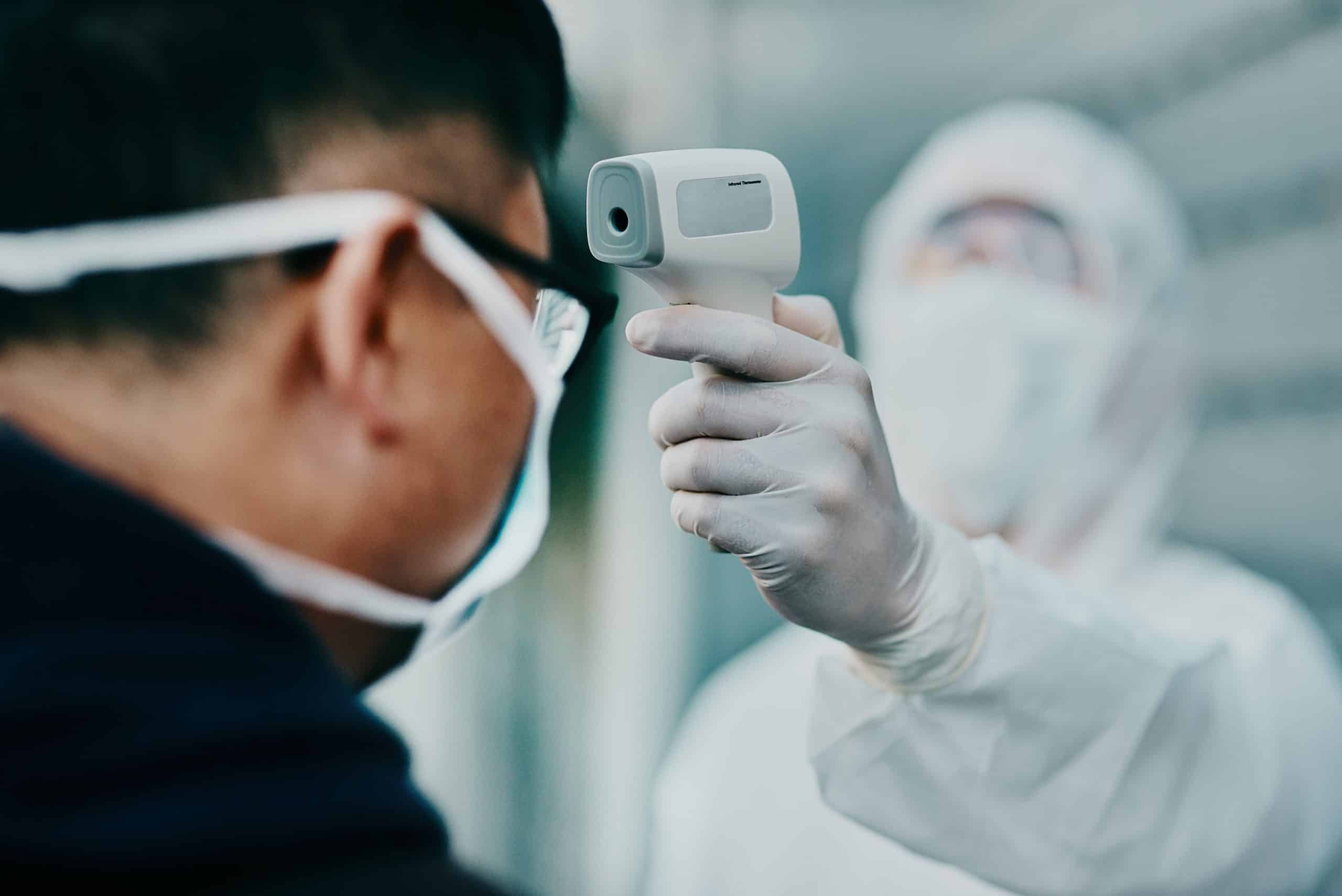Can Dogs Be Trained to Detect Gluten for Sensitive Owners, and How?

In recent years, there has been an increased awareness and detection of celiac disease and gluten intolerance. Specialists in these fields have started to explore new methods for managing gluten-free lifestyles, and one fascinating approach that’s gaining traction is the concept of gluten detection dogs. You may wonder, can dogs be trained to detect gluten for sensitive owners, and how does this process work?
In this article, we’ll delve into the world of dog training for gluten detection, the science behind dogs’ incredible scenting abilities, and how these intelligent creatures can help people with gluten-related disorders lead safer lives.
Also to see : What’s the Correct Way to Introduce Native Plants into a Tortoise Habitat?
What is Gluten and Why is it Harmful?
Before we dive into how dogs can be trained to detect gluten, it’s essential to understand what gluten is and why it can be harmful for individuals with celiac disease or non-celiac gluten sensitivity.
Gluten is a group of naturally occurring proteins found predominantly in wheat, barley, and rye. For most people, these proteins are harmless, but for individuals with celiac disease or gluten intolerance, ingestion can cause a myriad of adverse health effects, ranging from gastrointestinal discomfort to malnutrition due to poor nutrient absorption.
In parallel : How to Choose the Right Type of Scratch Post for a Cat Begging to Claw?
The only effective treatment for celiac disease or non-celiac gluten sensitivity is a completely gluten-free diet. However, maintaining such a diet can be challenging due to hidden sources of gluten in food products.
The Science Behind Dogs’ Gluten Detection Abilities
Service dogs have been used for decades to assist individuals with various disabilities, from visual impairments to epilepsy. Their keen sense of smell, which is 10,000 to 100,000 times more accurate than humans’, allows them to detect changes in the human body or their surroundings that humans are not able to perceive.
Dogs have more than 300 million olfactory receptors in their noses, compared to about six million in humans. Furthermore, the part of a dog’s brain that is devoted to analyzing smells is proportionally 40 times greater than ours. It’s this impressive ability to sniff out and recognize distinct scents that makes dogs excellent candidates for gluten detection work.
Just like dogs can be trained to detect drugs, explosives, or disease markers, they can also be trained to sniff out the specific scent profile of gluten.
How Dogs Are Trained for Gluten Detection
Training a dog for gluten detection is a time-intensive process, requiring patience, consistency, and reward-based training methods. A professional dog trainer, preferably with experience in scent detection work, will be needed to ensure the highest accuracy and reliability.
Training begins with scent association. The dog is exposed to the scent of gluten in various forms, teaching them to associate this scent with a reward. Over time, with consistent reinforcement, the dog learns to alert their handler when they detect the scent of gluten.
The next phase is real-world application. The dog is trained to identify and alert to the presence of gluten in a multitude of environments, such as restaurants, grocery stores, and the home. They are also taught to ignore other enticing smells in these environments to stay focused on sniffing out gluten.
The Impact of Gluten Detection Dogs on Sensitive Individuals’ Lives
Service dogs have always been a lifeline for individuals with various disabilities, and now, for those living with celiac disease or gluten intolerance, gluten detection dogs are becoming invaluable companions.
These dogs offer an extra layer of protection against inadvertent gluten ingestion, especially in situations where food labeling or cross-contamination can be an issue. They allow their handlers to navigate their diets with greater confidence, reducing anxiety about potential gluten exposure.
However, it’s important to note that a gluten detection dog is not a replacement for careful dietary management. They are an additional tool, providing their handlers with more control and certainty in maintaining a gluten-free diet.
In essence, dogs’ remarkable scent detection abilities, when combined with specialized training, can be a game-changer for individuals who need to follow a strict gluten-free diet. Gluten detection dogs offer a new and innovative approach to managing celiac disease and gluten intolerance, providing their handlers with greater independence, confidence, and peace of mind in their daily lives.
Through the continued development of dog training in gluten detection, we’re strengthening the bond between humans and dogs and uncovering new ways in which our four-legged friends can help us lead healthier, safer lives.
Pros and Cons of Gluten Sniffing Dogs
While the concept of gluten sniffing dogs might sound like a perfect solution for those with gluten-related disorders, it’s essential to weigh up the pros and cons.
Without a doubt, the most significant advantage of a gluten detection dog is the enhanced security it provides for those with celiac disease or gluten intolerance. Gluten sniffing dogs are exceptionally accurate in their ability to detect gluten, even in trace amounts. They can sniff out gluten in a variety of settings, from your home kitchen to restaurants and food markets. They can help their handlers avoid foods that might look safe but are contaminated with gluten, significantly reducing the chances of accidental gluten ingestion.
Having a detection dog can also substantially improve the quality of life for people with celiac disease or gluten intolerance. Owning a service dog can provide emotional support and companionship, reduce stress and anxiety related to managing a gluten-free diet, and even encourage social interactions.
However, there are also some potential downsides to consider. Training a dog for gluten detection is a lengthy and costly process. It requires a significant commitment of time, money and effort. Not all dogs are suitable for this type of work, and it’s vital to find a professional trainer with experience in scent detection training.
Also, owning a service dog comes with its challenges, including the ongoing responsibilities of dog ownership and the potential for public misunderstanding or discrimination. Moreover, while gluten detection dogs are highly accurate, they are not infallible. They should be used as an addition to, and not a replacement for, careful dietary management.
Conclusion: A New Era of Gluten Detection
The field of dog training for gluten detection is still relatively new but holds promising potential for those living with celiac disease or gluten intolerance. Detection dogs offer a unique and innovative approach to managing these conditions, providing a valuable tool for individuals who need to maintain a strict gluten-free diet.
As the science of scent detection evolves, we can likely expect to see advances in this area, further improving the accuracy and reliability of gluten sniffing dogs. However, as with any medical intervention, it’s crucial to consider the potential benefits and challenges before deciding to train a dog for gluten detection.
While these dogs can provide an extra layer of protection and peace of mind, they should not be seen as a substitute for careful dietary management. Still, for those who decide to opt for this route, a gluten detection dog could be a game-changer, offering newfound independence and confidence in managing their gluten-free diet.
In conclusion, our four-legged friends’ remarkable olfactory abilities, combined with specialized training, open up a world of possibilities for improving the lives of people with gluten-related disorders. As we continue to explore and expand our understanding, we strengthen the bond between humans and dogs and uncover new ways they can help us lead healthier, safer lives.
